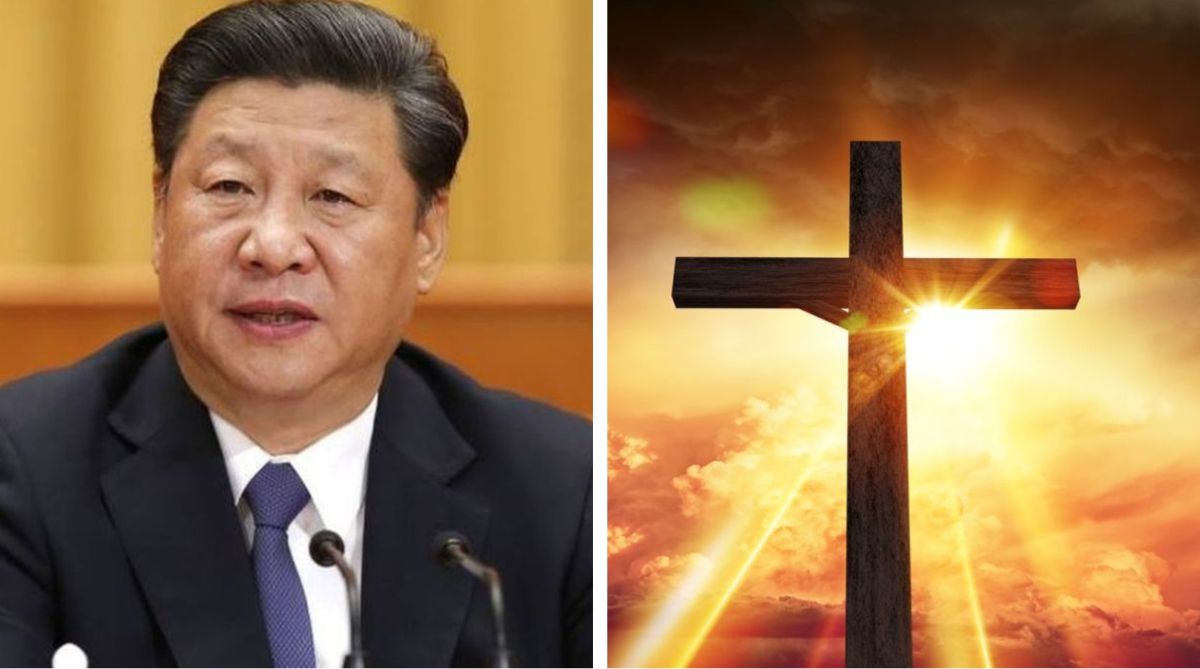China’s detention of 100 church-goers and a prominent pastor is of a piece with the government’s strong-arm strategy towards the Uighurs, a minority Muslim segment of Xinjiang province, not to forget the Buddhists of Tibet.
This time, the outrageous has happened in Chengdu province where leaders and members of the Early Rain Covenant Church have been detained. Details have been kept under wraps both by the public security ministry in Beijing and Chengdu. In a facile defence of distressing reality, Monday’s crackdown has been justified as “government action against unregistered religious groups”.
Advertisement
The pretext seems contrived as the definition of the alibi has been left delightfully vague. Not the least because ever since President Xi Jinping assumed office in 2012, the government in Beijing has been tightening restrictions on religion, which is deemed as a challenge to the omnipotent Communist Party of China.
The authorities appear to be impervious to the fact that China’s Constitution does guarantee religious freedom. The reality is quite the contrary, however. There is doubtless a dire disconnect between religion ~ Muslim or Christian ~ and Communist ideology, though its sails have been trimmed in keeping with the winds of change under President Xi.
The nub of the matter must be that religion remains an anathema in Communist China, though it has endorsed the free market’s economic paradigm. While the authorities have treated the Uighurs with brutal severity, this week’s clampdown on Protestants and Catholics is no less testament to the religious intolerance, now almost integral to state policy.
The development mirrors Beijing’s strained relations with the Vatican, an equation that has been described as a tussle between a superpower and a “global soft superpower”. An agreement between Beijing and Rome, concluded last October, has served to reinforce the authority of the Church.
On the face of it, it has resolved decades of diplomatic stalemate over the appointment of bishops for China’s 12 million Catholics, although that figure in itself is said to be uncertain. The Chinese authorities have for decades demanded that they, and not some foreign power, should choose their country’s religious leaders, an unreasonable demand that the Vatican has consistently resisted.
Of course, the Pope will now have the power to choose bishops, but only from a shortlist nominated by the government. The Communist government has ensured that it will be the overarching authority of China’s Catholic Church. The agreement has been opposed by those who feel that there can be no compromise with the Beijing government.
An unknown number of priests and bishops are still detained in China, and some are believed to have died in prison. This agreement does nothing for them. Markedly, it does not envisage full diplomatic relations between Beijing and Rome, which will require the Vatican to give up its recognition of Taiwan. The Church in China exists on sufferance.









